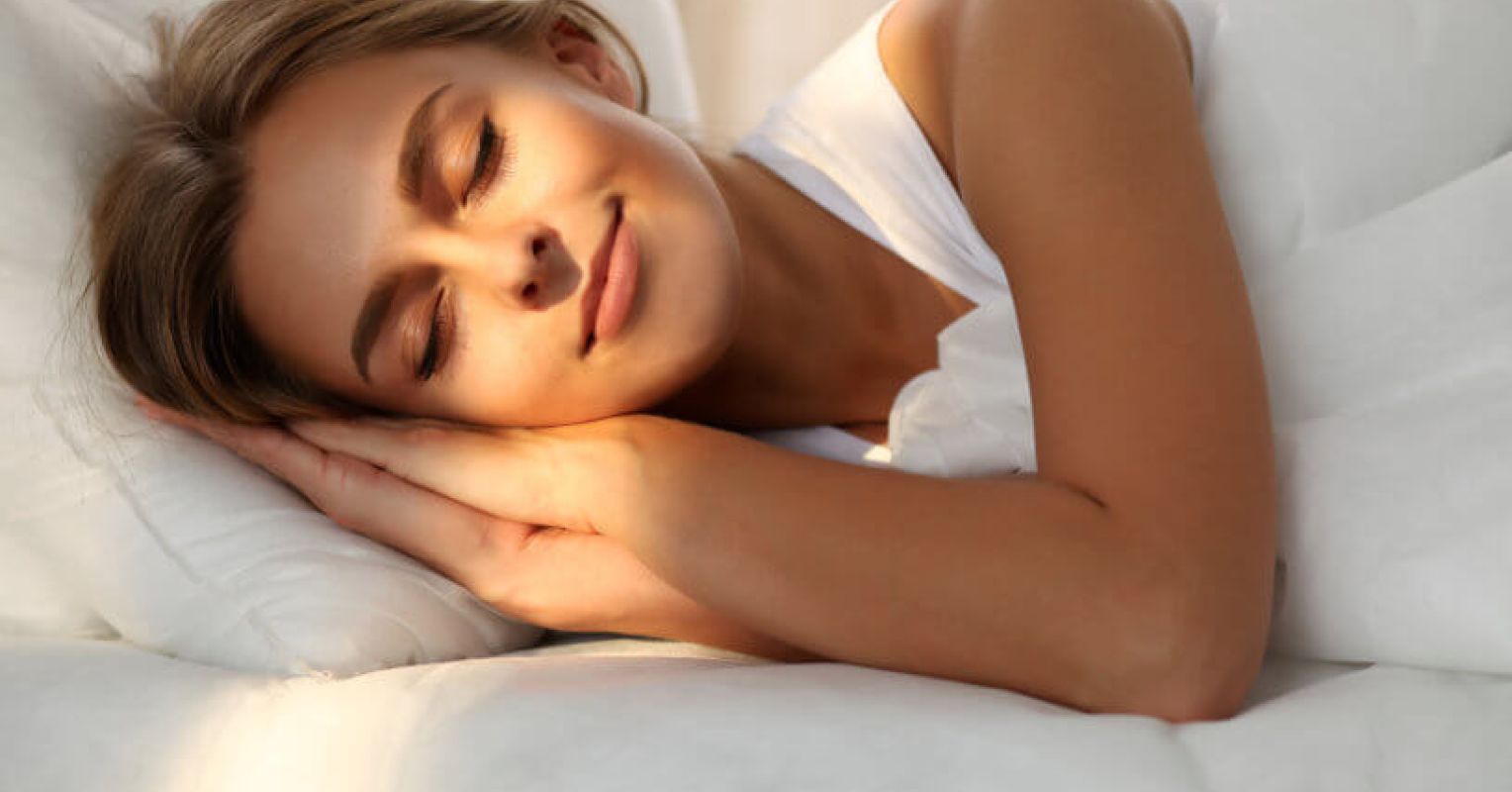Experienced Insomnia Specialist - Personalized Take Care Of Better Sleep
Experienced Insomnia Specialist - Personalized Take Care Of Better Sleep
Blog Article
Efficient Treatment Solutions for Handling Rest Disorders and Enhancing Relaxing Sleep
In the realm of medical care, the management of sleep disorders and the mission for restful rest are crucial elements of overall health. As we browse the detailed landscape of rest conditions and look for to boost our sleep experience, a much deeper understanding of these treatment remedies may hold the key to unlocking a much more rejuvenating and meeting restorative journey.
Cognitive Behavior Modification for Insomnia (CBT-I)
Cognitive Behavior Modification for Sleeplessness (CBT-I) is an organized, evidence-based treatment strategy that concentrates on attending to the hidden variables adding to sleep disturbances. This type of treatment aims to modify behaviors and thoughts that intensify insomnia, eventually advertising healthy rest patterns. CBT-I typically includes a number of vital parts, including cognitive therapy, sleep limitation, stimulation control, and sleep hygiene education and learning.
Cognitive treatment aids people determine and alter unfavorable thought patterns and beliefs about sleep that might be hindering their capability to fall or stay asleep. Rest constraint entails restricting the amount of time spent in bed to match the individual's actual sleep duration, consequently boosting sleep efficiency (cognitive behavioral therapy for insomnia (CBT-I)). Stimulus control techniques help establish a strong association between the bed and rest by motivating individuals to go to bed only when drowsy and to prevent participating in promoting activities in bed
Additionally, sleep health education and learning concentrates on establishing healthy and balanced sleep practices, such as keeping a constant sleep timetable, developing a relaxing going to bed routine, and enhancing the sleep setting. By resolving these aspects thoroughly, CBT-I uses an effective non-pharmacological treatment for handling sleep problems and enhancing overall rest high quality.
Sleep Health Practices
Having actually established the structure of cognitive restructuring and behavior alterations in attending to sleeping disorders through Cognitive Behavior modification for Sleeping Disorders (CBT-I), the emphasis now shifts in the direction of exploring crucial Sleep Health Practices for keeping optimum sleep top quality and overall health.
Sleep health methods include a variety of habits and ecological variables that can substantially affect one's capacity to fall asleep and stay asleep throughout the evening. Constant rest and wake times, developing a relaxing bedtime routine, and maximizing the sleep environment by keeping it dark, quiet, and cool are critical components of great sleep health. Restricting direct exposure to displays prior to going to bed, avoiding stimulants like caffeine near to bedtime, and engaging in regular physical task throughout the day can also promote far better sleep quality.
Additionally, practicing relaxation techniques such as deep breathing exercises or reflection prior to bed can assist relax the mind and prepare the body for rest. By including these rest hygiene techniques right into one's everyday routine, individuals can establish a healthy and balanced rest pattern that sustains restful rest and general well-being.
Relaxation Methods and Mindfulness
Implementing leisure methods and mindfulness practices can play an essential role in cultivating a sense of calmness and advertising high quality rest. sleep deprivation help. These strategies aim to silent the mind, reduce stress and anxiety, and develop an optimal atmosphere for restful sleep. One extensively practiced technique is deep breathing exercises, where people concentrate on sluggish, deep breaths to unwind the body and mind. Modern muscular tissue leisure includes tensing and afterwards launching each muscular tissue team, advertising physical leisure. Furthermore, directed imagery can help transfer people to a relaxed place in their minds, helping in stress decrease and boosting sleep top quality.
By incorporating these methods right into a going to bed regimen, people can indicate to their bodies that it is time to relax and prepare for rest. In general, integrating relaxation strategies and mindfulness techniques can dramatically contribute to managing sleep conditions and improving overall sleep quality.

Medicine Options for Sleep Disorders
After exploring leisure techniques and mindfulness practices as non-pharmacological interventions for enhancing rest top quality, it is important to think about medicine options for individuals with sleep conditions. In cases where way of life adjustments and treatment do not provide adequate alleviation, medicine can be a valuable tool in handling rest disruptions.
Frequently suggested medicines for rest problems dig this consist of benzodiazepines, non-benzodiazepine hypnotics, antidepressants, and melatonin receptor agonists. Antidepressants, such as trazodone, can be useful for people with co-occurring anxiety and sleep disruptions - insomnia therapy.
It is essential for individuals to seek advice from a health care service provider to identify the most suitable medicine alternative based on their particular rest disorder and case history.
Light Treatment for Body Clock Guideline
Light therapy, additionally referred to as photo-therapy, is a non-invasive treatment technique used to control body clocks and improve sleep-wake cycles. This treatment involves exposure to intense light that simulates all-natural sunlight, which aids to reset the body's body clock. By exposing individuals to details wavelengths of light, commonly in the early morning or evening depending upon the wanted effect, light therapy can successfully adjust the circadian rhythm to advertise wakefulness throughout the day and improve restful rest at night.
Study has shown that light treatment can be especially useful for people with circadian rhythm conditions, such as delayed sleep phase syndrome or jet lag. It can additionally be useful for those experiencing seasonal affective disorder (SAD), a type of anxiety that generally occurs throughout the wintertime months when all-natural light direct exposure is minimized. Light therapy is typically well-tolerated and can be made use of in combination with other therapy methods for sleep conditions to maximize outcomes and improve overall sleep quality.
Final Thought
In conclusion, effective treatment solutions for taking care of rest problems and enhancing restful sleep include Cognitive Behavior modification for Insomnia (CBT-I), sleep health techniques, leisure strategies and mindfulness, drug alternatives, and light treatment for circadian rhythm guideline. These approaches can aid individuals improve their sleep quality and total health. It is very important to seek advice from with a health care copyright to figure out one of the most ideal technique for attending to sleep issues.
As we navigate the detailed landscape of rest disorders and look next page for to boost my review here our sleep experience, a deeper understanding of these therapy options may hold the key to opening a much more relaxing and fulfilling corrective journey.
Rest constraint involves limiting the amount of time invested in bed to match the person's real rest duration, therefore boosting sleep performance. Constant rest and wake times, developing a relaxing bedtime regimen, and maximizing the rest environment by maintaining it dark, silent, and cool are important components of excellent sleep hygiene. Light treatment is normally well-tolerated and can be utilized in combination with various other therapy approaches for sleep conditions to enhance outcomes and boost general rest quality.

Report this page